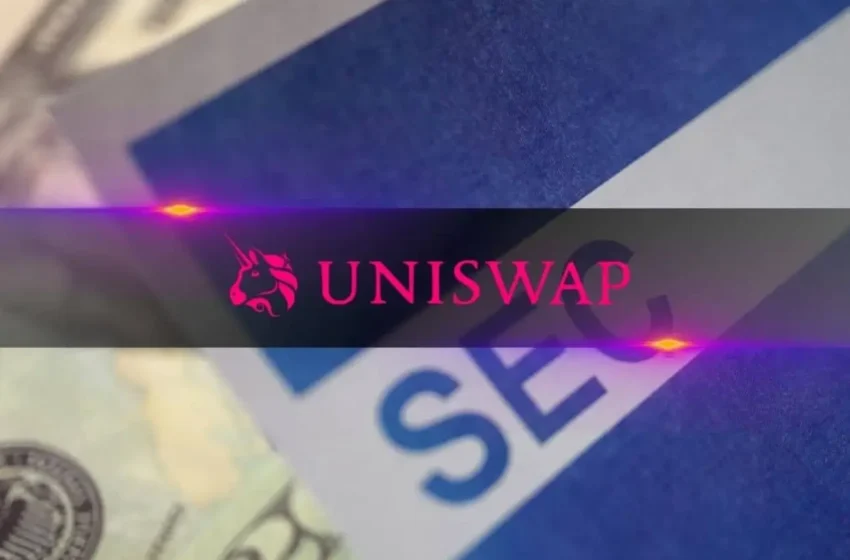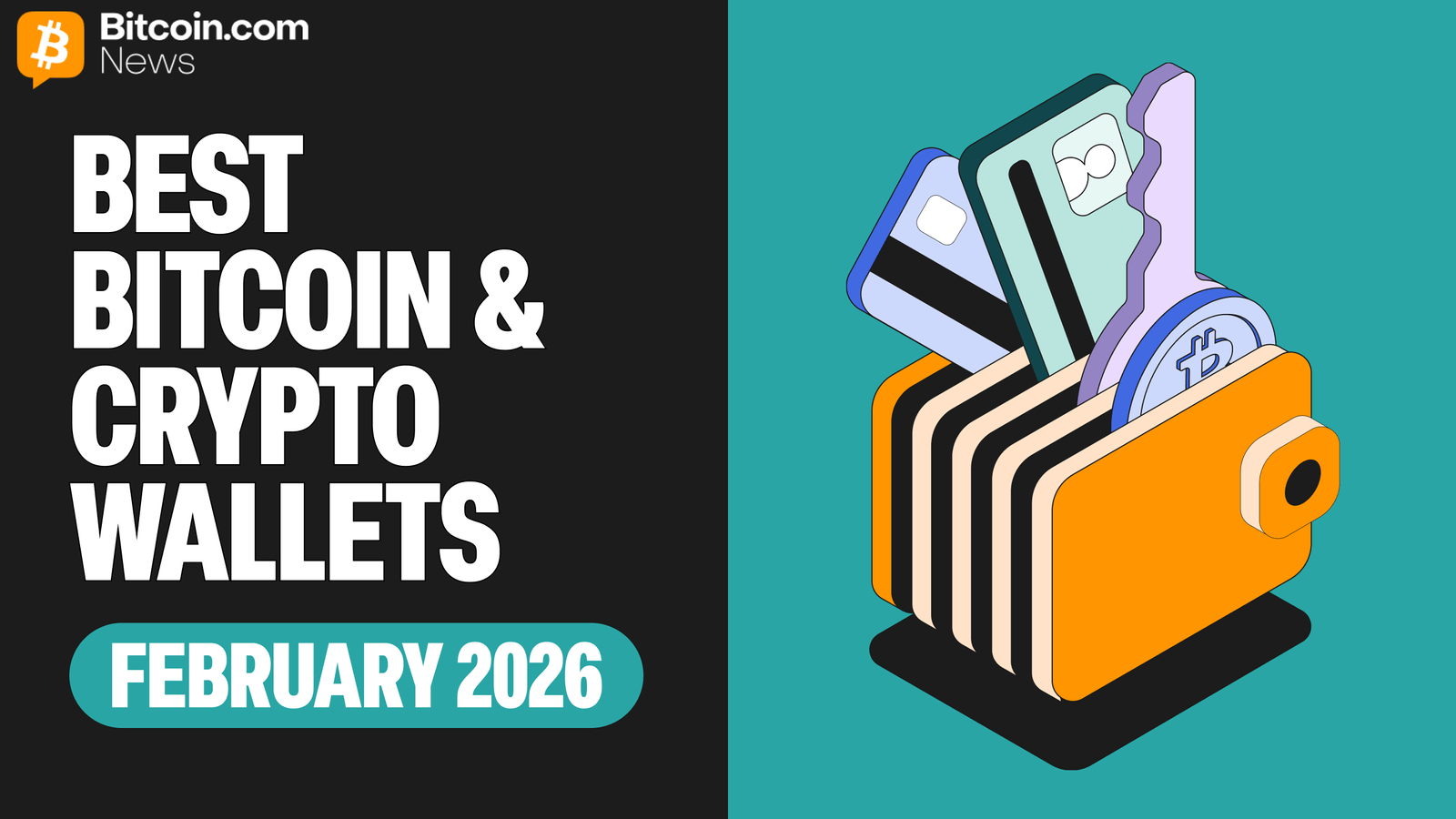Uniswap Labs Challenges SEC Wells Notice
(Originally posted on : Crypto News – iGaming.org )
A thorough response to the Wells Notice that was received from the U.S. Securities and Exchange Commission (SEC) has been released by the software business Uniswap Labs, which is situated in New York. Due to the fact that the Uniswap Protocol is a decentralized automated market maker (AMM) and does not operate as an exchange, broker, or clearing agency, its legal advice contends that it is not subject to the present securities laws.
Uniswap’s response emphasizes that the protocol’s autonomous nature and lack of centralized control exempt it from the SEC’s regulatory framework. According to the legal filing:
“The protocol is not an exchange under the securities laws … Secondary market trading does not constitute an investment contract, and the vast majority of volume traded on the protocol is bitcoin, ethereum, and stablecoins, or foreign transactions, none of which are subject to SEC jurisdiction.”
In its Wells Notice, the SEC charges Uniswap Labs with running an unregistered exchange and participating in activities that require broker-dealer registration. In response, Uniswap claims that their Ethereum blockchain-based protocol allows for the trade of digital assets without the need for middlemen and runs without centralized administration, which lowers transaction costs and improves user security.
Smart Contracts and Governance Tokens
Central to Uniswap’s defense is the claim that its operations do not align with statutory definitions of an exchange or broker. The response underscores that the Uniswap protocol facilitates peer-to-peer transactions via smart contracts, without a central entity managing trades or holding assets. Additionally, Uniswap Labs highlights that most transactions on the protocol involve cryptocurrencies like ether, wrapped bitcoin, and stablecoins, which the SEC has previously indicated are not securities.
New players only. 175% on 1st Deposit + $75 Risk Free Bet
The response also addresses the distribution of UNI governance tokens, stating that these distributions did not involve the sale of unregistered securities. Uniswap Labs asserts that UNI tokens were distributed to historical users, liquidity providers, and investors under exemptions from registration requirements. They challenge the SEC’s interpretation of the Howey test, arguing that secondary market transactions of UNI tokens do not constitute investment contracts.
“The UNI token is a governance token that allows holders to control the limited modifiable aspects of the protocol,” states Uniswap’s response. “And Labs did not offer or sell (and has never offered or sold) any tokens in transactions that required registration. Labs’ distributions of UNI governance tokens were exempt from registration, were non-securities transactions under the Howey test, or both.”






 Bitcoin
Bitcoin  Ethereum
Ethereum  Tether
Tether  XRP
XRP  USDC
USDC  Solana
Solana  TRON
TRON  Figure Heloc
Figure Heloc  Lido Staked Ether
Lido Staked Ether  Dogecoin
Dogecoin  WhiteBIT Coin
WhiteBIT Coin  Cardano
Cardano  USDS
USDS  Bitcoin Cash
Bitcoin Cash  LEO Token
LEO Token  Wrapped stETH
Wrapped stETH  Hyperliquid
Hyperliquid  Monero
Monero  Wrapped Bitcoin
Wrapped Bitcoin  Canton
Canton  Binance Bridged USDT (BNB Smart Chain)
Binance Bridged USDT (BNB Smart Chain)  Ethena USDe
Ethena USDe  Chainlink
Chainlink  Stellar
Stellar  USD1
USD1  Wrapped eETH
Wrapped eETH  Rain
Rain  Hedera
Hedera  sUSDS
sUSDS  Dai
Dai  PayPal USD
PayPal USD  Litecoin
Litecoin  Coinbase Wrapped BTC
Coinbase Wrapped BTC  Zcash
Zcash  Avalanche
Avalanche  Shiba Inu
Shiba Inu  WETH
WETH  Sui
Sui  Toncoin
Toncoin  World Liberty Financial
World Liberty Financial  USDT0
USDT0  Cronos
Cronos  Tether Gold
Tether Gold  MemeCore
MemeCore  PAX Gold
PAX Gold  Uniswap
Uniswap  Polkadot
Polkadot  Mantle
Mantle  Ethena Staked USDe
Ethena Staked USDe  BlackRock USD Institutional Digital Liquidity Fund
BlackRock USD Institutional Digital Liquidity Fund  Aave
Aave  Falcon USD
Falcon USD  Aster
Aster  Bittensor
Bittensor  Pepe
Pepe  Global Dollar
Global Dollar  Circle USYC
Circle USYC  OKB
OKB  Ripple USD
Ripple USD  Bitget Token
Bitget Token  syrupUSDC
syrupUSDC  Pi Network
Pi Network  Sky
Sky  HTX DAO
HTX DAO  Ethereum Classic
Ethereum Classic  BFUSD
BFUSD  NEAR Protocol
NEAR Protocol  Ondo
Ondo  POL (ex-MATIC)
POL (ex-MATIC)  Internet Computer
Internet Computer  Superstate Short Duration U.S. Government Securities Fund (USTB)
Superstate Short Duration U.S. Government Securities Fund (USTB)  Worldcoin
Worldcoin  Gate
Gate  KuCoin
KuCoin  Pump.fun
Pump.fun  Cosmos Hub
Cosmos Hub  Jupiter Perpetuals Liquidity Provider Token
Jupiter Perpetuals Liquidity Provider Token  Midnight
Midnight  Quant
Quant  NEXO
NEXO  USDtb
USDtb  Jito Staked SOL
Jito Staked SOL  Ethena
Ethena  Official Trump
Official Trump  Spiko EU T-Bills Money Market Fund
Spiko EU T-Bills Money Market Fund  Binance-Peg WETH
Binance-Peg WETH  Rocket Pool ETH
Rocket Pool ETH  Algorand
Algorand  pippin
pippin  Binance Bridged USDC (BNB Smart Chain)
Binance Bridged USDC (BNB Smart Chain)  USDD
USDD  OUSG
OUSG  Wrapped BNB
Wrapped BNB  Render
Render